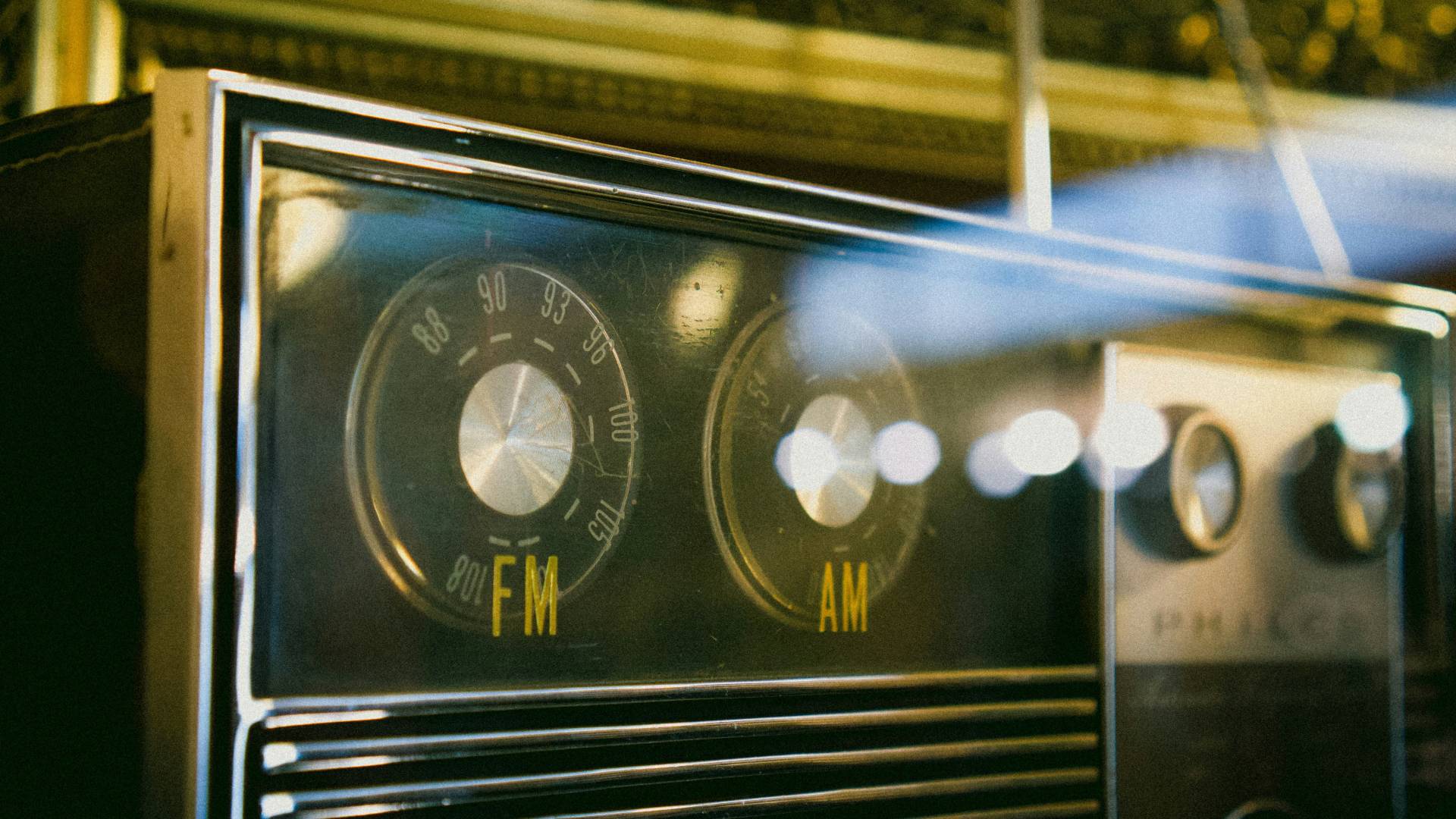“You can’t just take bits and pieces of, uh, many different people’s ideas and paste them together, in a juxtaposed manner and say, this is culture, and then feed this to the people and demand that they accept that. Culture just kind of rises out of the people’s way of life. It’s how they live. It’s who they are and what they are. And without the people being directly and actively involved in whatever it is that’s happening that’s considered to be culture or cultured, it’s not valid. It’s just not real.”
–Kimako Baraka, WNYC
******
Philosopher Jacques Derrida begins his seminal work Spectres of Marx like this: “Someone, you or me, comes forward and says: ‘I would like to learn to live, finally.’” He goes on to explore the valences of this phrase, “learn to live,” before concluding that our desire to know what living is and how it must be conducted can only happen in an existential space between life and death. If we are learning to live, to be, we must learn to live with ghosts, with spirits, with the inheritances we have accumulated willingly and unwillingly. Derrida’s original thesis is Marxist in nature, tracing Communism’s enduring (though shadowy) afterlife in the West, but the philosophical term that sprung from Spectres—hauntology—is applicable to anything from empty shopping malls to cultural anthropology. But, of course, the question is: what does any of this have to do with Radio Downtown?
As it turns out, quite a lot.
The premise of Radio Downtown is, in some ways, very simple. Actors receive their lines via earpiece and speak them as they hear them. These lines arise verbatim from WNYC interviews with avant garde 1970s artists and as such, are wild, unwieldy, political, passionate and sometimes, hilariously nonchalant. It’s an exercise in presence and responsiveness and a level of surrender that memorization doesn’t necessarily allow for. Where it gets more complex is around the phenomenological ecosystem this kind of performance creates. As the late Mark Fisher wrote in “The Metaphysics of Crackle,”: “If the metaphysics of presence rests on the privileging of speech and the here-and-now, then the metaphysics of crackle is about dyschronia and disembodiment.”
Fisher was writing about Afrofuturism in dub music, and the intentional use of “crackle”, i.e., the hisses and pops we hear in analog media, but his point still applies to Radio Downtown where, despite the physical presence of actors on stage, the underlying simultaneous sense is of disembodied haunting. When attempting to understand the strangeness of audio recording and the uncanniness of replicating someone’s cadence and speech patterns, we are asking questions not just about the past, but about our present reality. Kimako Baraka’s quote about culture, when spoken on stage, is a diagnosis of her cultural moment that may as well be an assessment of our own.
This feeling of “dyschronia”, or what Hamlet refers to as time being “out of joint,” is all too familiar in our particular political moment where the rights of marginalized groups are disappearing and the whole country appears to be headed backwards. To say the medium is the message in Radio Downtown would be an understatement. These artists in question, especially Baraka (Kimako, not Amiri) struggling to find her footing as an artist before being murdered in 1984, haunt the archival airwaves with their forgotten stories. Another example: experimental filmmaker Kenneth Anger is responsible for many of the auteur filmmakers we love to hate, yet his name was completely unfamiliar to me. Karl Marx wrote that the shadow of Communism was a “specter haunting Europe,” but avant-garde artists are specters of a different type: not tied to a location, but present as a quiet hum beneath mainstream media and its aesthetics. In Radio Downtown, their voices come to the surface, not in relation to art we might immediately recognize today, but as artistic ancestors, speaking to us of their hopes, dreams, triumphs and struggles.
As artists and thinkers, we are constantly finding ways to make peace with our various philosophical and formal forebears. The question of lineage is a human one. And, to paraphrase sound designer Ryan Gamblin, experiencing Radio Downtown is a way of being in community outside of and beyond time. However, with the insidious presence of AI, ex., Tupac’s nonconsensual cameo in the Drake v. Kendrick beef, kinship feeling is deployed as an excuse for digital grave robbing; the lines between reality and fiction blur. With the right code (or Wikipedia entry), the savvy among us trick ghost faces into speaking our own words back to us and the less savvy of us submit to the forgery We have entered the labyrinth and there is no going back.
Like the Grand Inquisitor says in The Brothers Karamazov, “Freedom, the free intellect and science will lead them into such labyrinths and bring them up against such miracles and unfathomable mysteries that some of them, the disobedient and ferocious ones, will destroy themselves; others, disobedient and feeble, will destroy one another.” With Facebook/Meta dropping fact-checking filters and various tech overlords kissing the proverbial Trumpian ring, truth is about to become the most mysterious thing of all. Radio Downtown (re)-emerges into this landscape, offering a different way for us to interact with the past.
Heisting speech and cadence is a way to express solidarity and fidelity to these avant grade artists and to a time when establishment media actively welcomed the contributions of weirdos, recluses and post-modernists, giving them leave to speak to the public. And if Radio Downtown had a central thesis, perhaps it would be that these artists are still speaking to us now. The question is—are we listening?
Extended Play is a project of The Civilians. To learn more about The Civilians and to access exclusive discounts to shows, visit us and join our email list at TheCivilians.org.
Author
-

Faith Zamblé is a writer, culture worker, and artist at large, originally from Waukegan, IL.
View all posts









